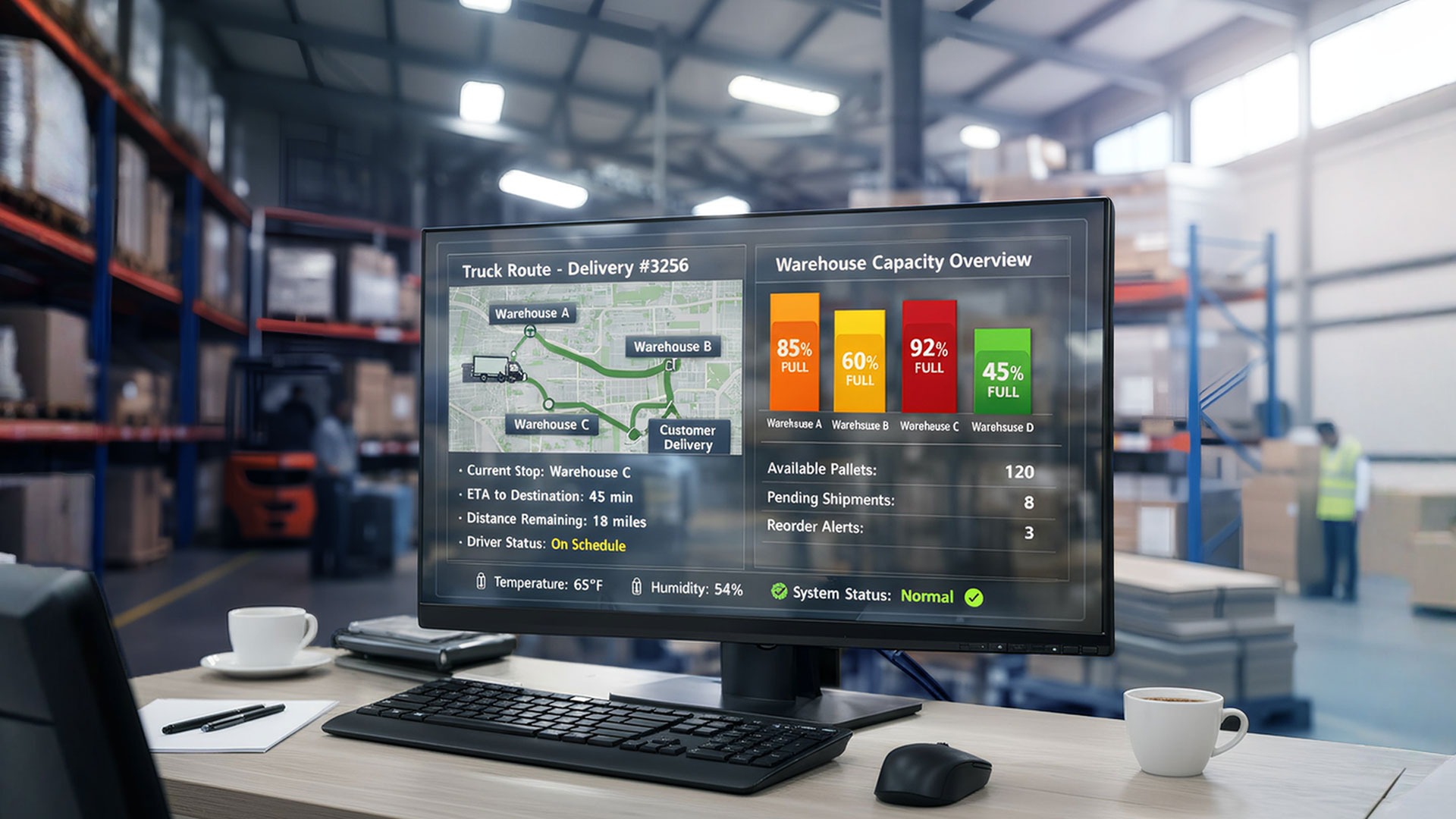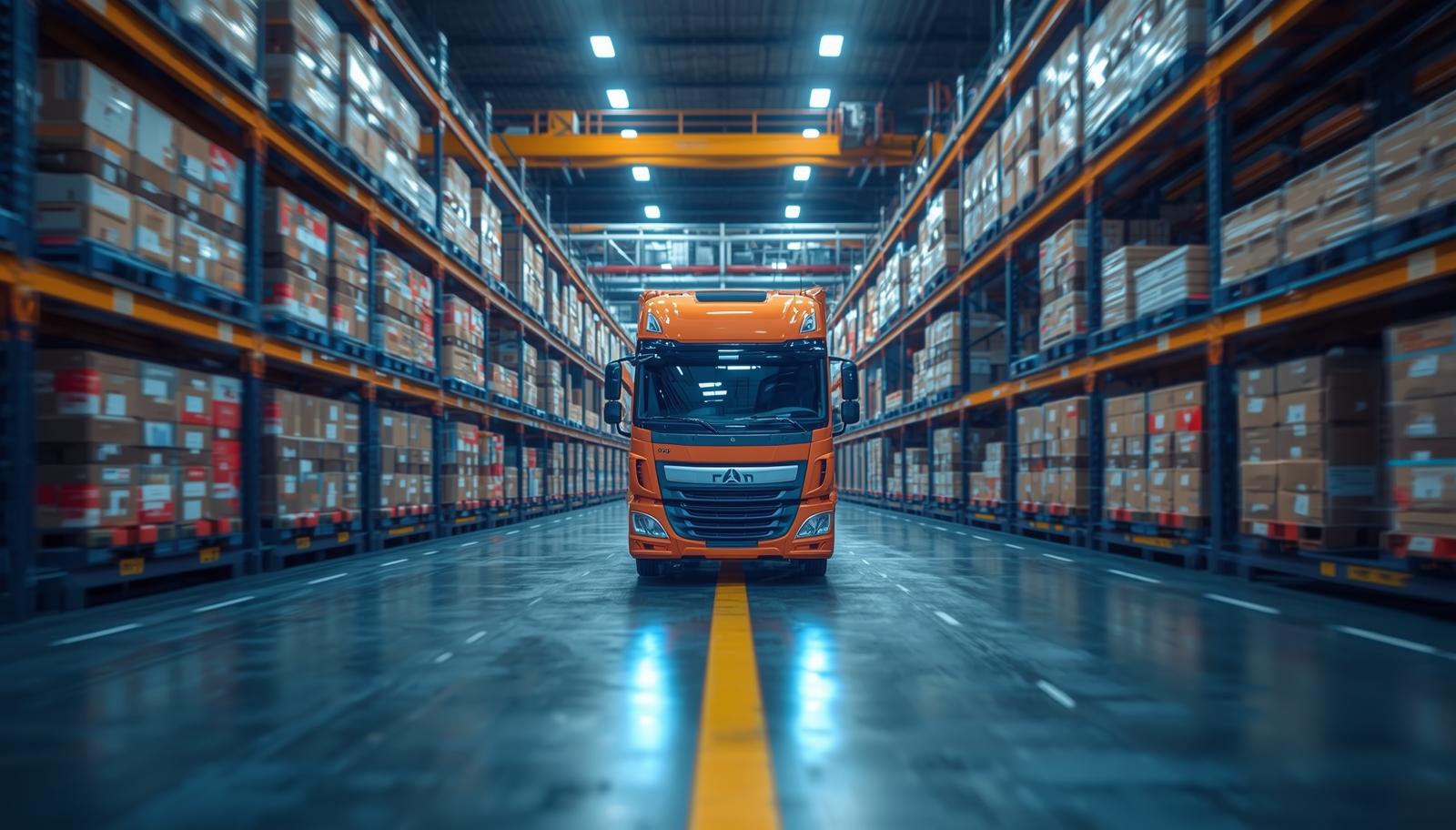
Much transformation is going on in the logistics industry since there has been increasing use of paperless operations. The move to digitalizing is no longer a trend but a necessary development as humanity grapples with world challenges, technology growths necessitating better performance through efficiencies that are environmentally friendly while leaving no room for fraud. To compete successfully in today’s world, your supply chain operation needs to take advantage of every edge available. Automating business processes and eliminating paper is a quick and efficient way to give your supply chain a boost. In this post, we will discuss how the logistics industry is being transformed by paperless operations, examining its advantages, the stumbling blocks it faces, and what lies ahead.
Moving from Paper to Digital
There’s been a significant dependence on paper-based processes for logistics for quite some time. Shipping papers, bills, as well as receipts have all been manually processed Until now when digital techniques were adopted in the industry. This adjustment is good since it has helped firms make their operations more efficient by enabling them to do away with waste through the reduction in unnecessary freight costs, for instance enhancing product delivery services at the same time. Introducing such forms of activities in logistics is a turning point beyond which there shall be no more ‘papers.’
Benefits of Paperless Operations in Logistics
You make your supply chain better when you automate business processes and get rid of paperwork quickly. Here you can see the top 6 reasons for switching to the paperless method and how they might impact your supply chain development.
Faster Processing Speed and Responsiveness
When you go paperless, you can get rid of those delays involving the movement of documents or files through the system. Speed of data is maintained by paperless procedures implying that it continues at that rate for a considerable time. Responding quickly when customers ask questions is now possible since all parties in the supply chain get current demands information instantly.
Emails with attached files can be sent and received easily. For example, the shipment process gets faster because of eBOLs and e-invoices. It means that goods have less waiting time before going off and reach their final destinations more quickly than ever before. According to research carried out by IATA, it was discovered that when eBOLS are used in the transportation of cargo, it can save up to 24 hours in delivery time.
Very few customers are patient enough to wait for their goods or any details regarding it hence fast tracking the supply chain information is of the essence to do business successfully. With the global competition so high, it is recommended that you do whatever is possible in the eyes of your client to separate yourself from the rest.
Environmental Benefits of Going Paperless in Logistics
Significant ecological benefits can result from cutting back on paper. It implies fewer trees are felled and thus less litter is made. According to the Environmental Paper Network, over 110 million tons of CO2 are discharged into the atmosphere annually by the global paper industry. Switching to electronic will enable logistics firms to cut down on those emissions thus reducing their environmental footprints.
In the U.S. every year, people throw away 1 billion trees’ worth of paper. This makes it somewhat irresponsible to destroy all those paper orders, packing slips, and invoices when you put it that way. Why not go green and dispense with some paperwork in the automation of business processes as this could help save a few trees? By so doing, one will save the cost of printers, toners, and space used up in accommodating those file cabinets and in addition save trees from being brought down.
Security and Compliance
Data integrity is seen as a major concern in the medical industry. If businesses operating within an environment of strict regulations such as those set by the FDA find difficulty keeping up with this aspect then there will be such similarities elsewhere too. This is the assertion by ARC Advisory Group in its findings. Paper- and record-keeping-free operations automatically address the question of data accuracy relieving concern that a loose paper can affect either finance or regulatory conformity.
When people work without paper, they are required to affix their signature as an electronic signature or present credentials from the staff after every procedure is completed. Legibility or timing is not a problem anymore because the right document will be easily located in a paperless way and just in time. As regards another advantage of going paperless; it includes tracking training needs and certifying if all members of your staff have gone through the necessary training as well as acquired certificates.
Supports Lean Initiatives in the Logistics Industry
Lean essentially involves getting rid of garbage and work that does not create any value. Filing documents that may never be used again is certainly not adding value, however necessary for financial reporting and compliance in the case of paper-based systems. To achieve this, automate tasks such as accounts payable, invoicing, quality reporting, and order processing in order to cut out manual work and waste. Enhance your order cycle times; save time and resources and also increase your overall productivity and supply chain effectiveness.
Going PaperLess Equals to Greater Productivity

Since your workers do not have to file paperwork, you will save more time so that they can work on increasingly complex projects from a strategic perspective or improve service for customers by using a personal approach that drives growth in loyalty and satisfaction. This will enable you to provide an uninterrupted supply chain for fast delivery of goods.
Imagine raising an exception in a paperless system in such a way it directly goes to the individuals who have the mandate to address it. With this, you can timely and accurately resolve all exceptions since they are no longer buried under numerous routine transactions but rather accessible. Another advantage concerning the improvement of the supply chain.
Better Tracking and Transparency Plus Improved Accuracy
Real-time tracking of shipments is now easier with digital systems. Customers can track their goods easily and anticipate delivery time much sooner. This trust in logistics causes more satisfaction from the side of buyers due to transparency. Companies such as FedEx as well as UPS provide state-of-the-art track systems that update on a minute-to-minute basis.
An error can happen during manual data entry. Those errors are cut by digital systems that do data entry and processing automatically. More accurate records and fewer mistakes result from this. For example, barcodes and RFID tags are used for scanning so that the inventory system updates automatically making sure that it tracks and records the right items.
Challenges in Implementing Paperless Operations
There are a number of problems to be considered when trying to go paperless in logistics. This means that such problems can obstruct moving from the conventional use of paper in dealing with goods to the new digitized way throughout. Let us take a closer look at pertinent issues that are involved in the process of doing away with filing systems that rely on physical papers.
Initial Investment and Integration Costs
Shifting from using papers for operations to utilizing digital means requires huge technology and infrastructure investment in the beginning. This might be too costly for smaller logistics entities. Moreover, merging new computer programs with old systems can be so demanding.
Resistance to Change
Within organizations, the adoption of paperless operations can be slowed down by cultural resistance and habits learned over time that make the embrace of newer forms difficult. The key to overcoming such resistance is to ensure that there are comprehensive training programs on what needs to be done; while at the same time making sure that the exact benefits that will accrue due to these steps are communicated in a very clear way by top management staff.
Cybersecurity Concerns of Going Paperless
The danger of cyber threats rises with escalating digitalization. It is essential to protect the confidentiality of information by all means and ensure strong cyber security measures are in place. Any logistic company must have an investment in cutting-edge security protocols and make sure they frequently update their systems against possible breaches.
Successful Implementation of Paperless Operations
Let’s take a closer look at real-world examples of successful implementation of paperless operations.
DHL
DHL is considered among the first organizations to embrace paperless operations. They ventured into this by employing such programs as electronic invoicing, a digital tracking system for shipments, and mobile applications that enable people to receive instant messages concerning their parcels wherever they might be. These initiatives have led to increased customer contentment due to increased services’ swiftness and clarity on goods’ movements.
Maersk
One of the largest shipping companies in the world, Maersk, has gone paperless in trade by employing blockchain technology. The TradeLens procedure they apply digitally transforms the whole supply network making paperwork less, and more secure as well as smoothing out processes hence establishing a new norm for digital logistics.
The Future of Paperless Logistics
Paperless logistics have a bright future ahead. With advancements in technology, it is expected that many more companies shall embrace digital solutions which are the means of future success. The following are trends and directions that could be followed with regard to the same:
Artificial Intelligence (AI)
It is easy for AI to automate a lot of logistics operations. A case in point is the optimization of delivery routes, forecasting of delays, and managing stocks. Through it, expenses can be further reduced and productivity enhanced.
Internet of Things (IoT)
Smart sensors, Internet of Things devices, and the like have the capability to deliver immediate information on shipments. Consequently, their ability to make sure items are transported under the best temperature and humidity-controlled environments thus letting companies have a close watch over their quality.
Blockchain
In the whole supply chain, blockchain permits a safe way of transmitting information in order to enable maintaining accurate data which guarantees that no one tampers with it thus enhancing confidence towards each other and transparency among themselves.
Conclusion: Embracing a Paperless Future
Not only to save some trees but also going paperless is important. The logistics industry will benefit from being faster, cheaper, and more efficient through this means. Despite some challenges, the advantages of going paperless exceed its drawbacks many times. “the adoption of digital solutions by companies positions them well for competitiveness in the current market environment” This is what every logistics means henceforth we should prepare ourselves by starting today, and not tomorrow.
Embracing this digital age is the key to transforming the logistics industry into a more efficient, customer-satisfactory, and cost-saving one.’ Going paperless presents its own challenges but it is totally worth it since there are numerous benefits associated with it. IT professionals should take up this formulation in their organizations.
How Can Wahyd Logistics Help?
With expertise in Logistics and a long list of happy customers, Wahyd Logistics is always committed to providing seamless logistics services that cater to your business requirements.
We are here to offer you hassle-free and customized logistics solutions, so you can do more with your business while we handle all the challenging tasks!
Contact our logistics experts today and we will be happy to help with your logistics.






